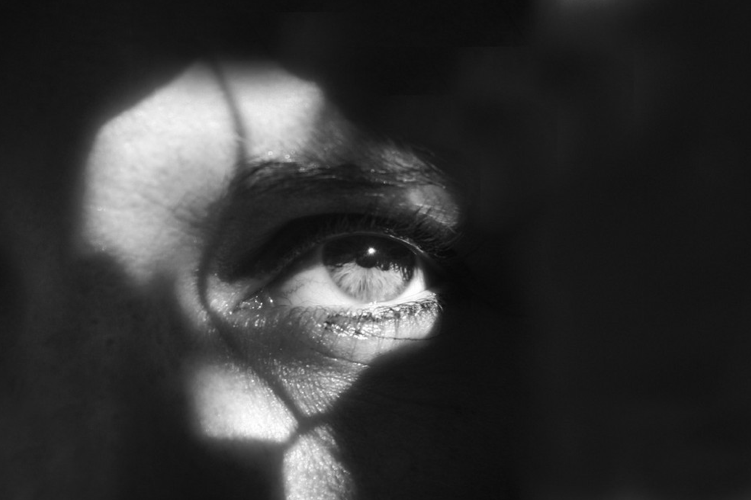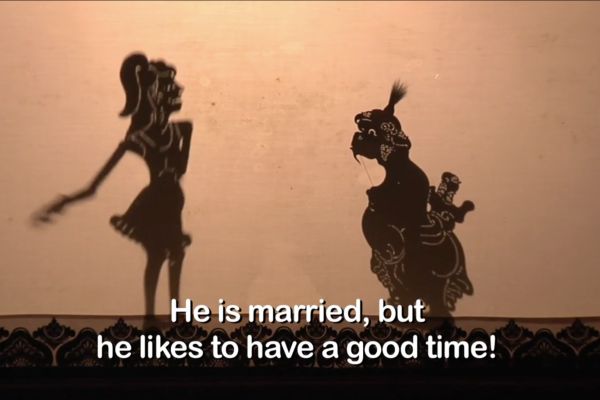During our trip to Bali, I was considering both visual ethnography and documentary. Specifically, I was wondering when and how are they forms of voyeurism? At what point do they become voyeuristic?
Ethics and Voyeurism

As filmmakers, we are always looking to capture “drama,” which usually includes people in emotional situations. But what does a viewer do with this information if they cannot help alleviating the suffering they see portrayed?
Does a viewer in this passive situation become a voyeur?
If so, is it necessary for a film that shows suffering to also instigate an action or activism to change the situation?



